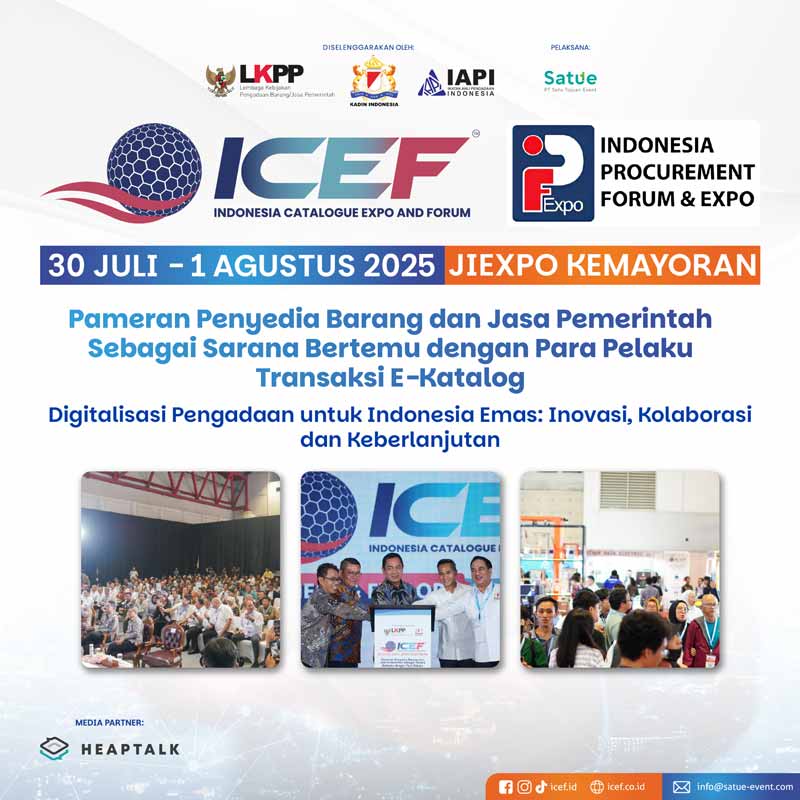Heaptalk, Jakarta — The Indonesian Chamber of Commerce and Industry (Kadin Indonesia) has signed a new Memorandum of Understanding (MoU) with the U.S. Chamber of Commerce to strengthen bilateral economic ties, primarily through trade and investment relations.
Anindya Novyan Bakrie, Chairman of Kadin Indonesia, and John Murphy, Senior Vice President and Head of International at the U.S. Chamber of Commerce, signed the two-year agreement at the U.S. Chamber’s headquarters in Washington, D.C. (05/02). The deal follows the release of the 2025 National Trade Estimate Report. It demonstrates Indonesia’s concrete steps in reducing trade barriers, particularly non-tariff barriers, while opening opportunities for shared economic growth in the Indo-Pacific region.
According to Anindya, this agreement represents a positive step and a breath of fresh air for Indonesia’s economy, including its businesses and workers. “We also extend our gratitude to the U.S. Chamber of Commerce and CIPE (Center for International Private Enterprise) for their support in strengthening Kadin’s capacity, including in our efforts to join the OECD (Organisation for Economic Co-operation and Development),” Anindya stated (02/05).
In more detail, this cooperation is expected to expand opportunities in labor-intensive industries that employ millions of workers. Indonesia exports various commodities to the U.S., such as footwear, rubber products, electronics, and garments. To date, these three industries employ approximately 2.1 million workers. Employment numbers are expected to grow further following the agreement.
Further boosting investment opportunities
On the other hand, Anindya believes this agreement can help U.S. businesses gain greater access to the Indonesian market. If the trade balance becomes more equitable, Indonesia could also become a trade partner for the U.S., such as soybean exports for tempeh production, cotton for the garment industry, dairy products, and wheat. This is closely tied to labor-intensive industries and the agricultural sector in Indonesia.
Furthermore, this cooperation can also boost investment opportunities. Currently, Indonesia receives around US$100 billion in foreign investment annually. Anindya emphasized, “We are pleased to report that the President has instructed the removal of various non-tariff barriers, such as local content requirements, import quotas, and unnecessary bureaucracy. The hope is that reciprocal tariffs can be reviewed, reduced, and, where possible, eliminated.”
Meanwhile, John Murphy outlined the importance of closer collaboration to maximize the potential of bilateral economic ties between the two countries. The U.S. Chamber values its long-standing relationship with Kadin Indonesia and affirms that the Indonesian market remains a high priority for its members.
However, Murphy noted that the economic relationship between the two countries has yet to reach its full potential. He also highlighted that since 2002, the U.S. has invested over US$6 billion to support Indonesia’s economic growth. Bilateral relations were elevated to a Comprehensive Strategic Partnership in 2023.














